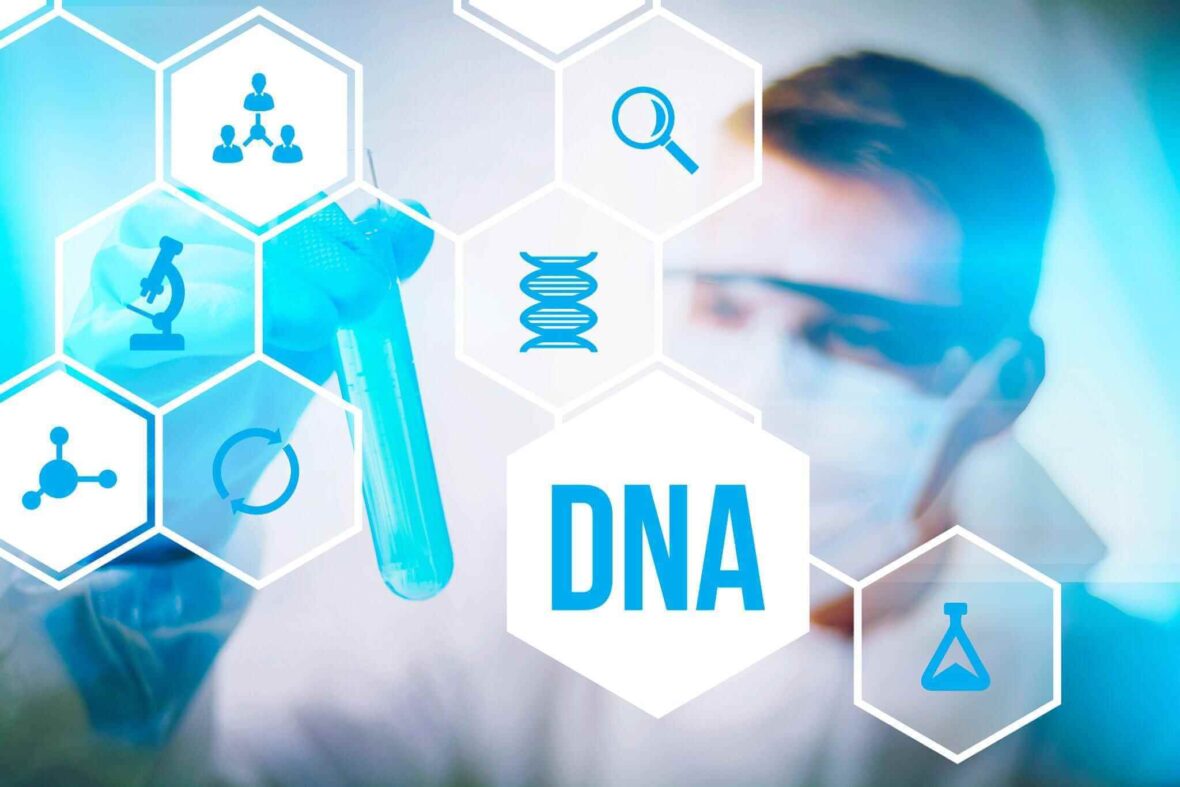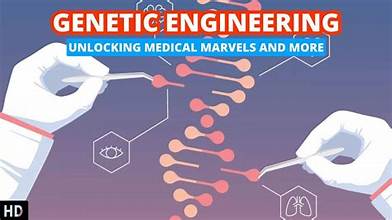
Introduction
Genetic engineering has rapidly evolved from a theoretical concept to a groundbreaking reality in healthcare. The field encompasses a variety of techniques that modify the genetic material of organisms, including humans, to treat or prevent diseases. With advancements in genetic technologies, healthcare is undergoing a transformation that promises to address some of the most challenging medical issues of our time. This article explores the recent breakthroughs in genetic engineering and their profound impacts on healthcare.
Understanding Genetic Engineering
Genetic engineering, also known as genetic modification or gene editing, involves the direct manipulation of an organism’s genome using biotechnology. The most widely recognized techniques include CRISPR-Cas9, TALENs (Transcription Activator-Like Effector Nucleases), and ZFNs (Zinc Finger Nucleases). These tools allow scientists to add, remove, or alter genetic material at specific locations in the genome.
Key Techniques in Genetic Engineering
- CRISPR-Cas9: This revolutionary tool enables precise editing of DNA sequences. By using a guide RNA to target specific genetic sequences, CRISPR-Cas9 allows for accurate and efficient gene editing. Its applications range from correcting genetic mutations to enhancing the immune response against diseases.
- TALENs: TALENs are custom-designed proteins that bind to specific DNA sequences, enabling targeted genetic modifications. This technique has shown promise in treating genetic disorders by correcting mutations at the molecular level.
- ZFNs: Zinc Finger Nucleases are engineered proteins that create double-strand breaks in DNA at specific locations. They are used to introduce new genetic material or correct faulty genes, offering potential treatments for genetic diseases.
Breakthroughs in Genetic Engineering
1. Gene Therapy
Gene therapy aims to treat or cure diseases by introducing, removing, or altering genetic material within a patient’s cells. Recent advancements have led to successful treatments for conditions like inherited blindness, spinal muscular atrophy, and certain types of cancer. For instance, Luxturna, a gene therapy for inherited retinal disease, has restored vision in patients with specific genetic mutations.
2. Genomic Editing for Cancer Treatment
One of the most promising applications of genetic engineering is in cancer treatment. Researchers are developing therapies that modify patients’ immune cells to better recognize and attack cancer cells. CAR-T cell therapy is a notable example, where T-cells are engineered to express chimeric antigen receptors that target cancer-specific antigens.
3. Preventing Genetic Disorders
Genetic engineering holds the potential to prevent genetic disorders before birth. Techniques such as preimplantation genetic diagnosis (PGD) and gene editing of embryos can identify or correct genetic abnormalities, reducing the risk of inheriting conditions like cystic fibrosis or muscular dystrophy.
Impacts on Healthcare
1. Personalized Medicine
Genetic engineering is paving the way for personalized medicine, where treatments are tailored to an individual’s genetic profile. By understanding the genetic basis of diseases, doctors can customize therapies that are more effective and have fewer side effects. This approach enhances the efficacy of treatments and improves patient outcomes.
2. Ethical and Social Considerations
While genetic engineering offers immense potential, it also raises ethical and social questions. Issues such as genetic privacy, the potential for genetic discrimination, and the morality of editing the human germline are subjects of ongoing debate. Balancing scientific advancement with ethical considerations is crucial as the technology continues to develop.
3. Economic Implications
The integration of genetic engineering into healthcare is likely to have significant economic impacts. On one hand, it may reduce long-term healthcare costs by providing preventive and personalized treatments. On the other hand, the high cost of developing and administering genetic therapies poses challenges for accessibility and affordability.
Future Directions
The future of genetic engineering in healthcare is filled with promise. As research progresses, we can expect innovations that further enhance our ability to treat and prevent diseases. Advances in technology and a deeper understanding of the human genome will drive new breakthroughs, potentially transforming the landscape of healthcare as we know it.
Conclusion
Genetic engineering is at the forefront of a healthcare revolution, offering transformative solutions to some of the most pressing medical challenges. From groundbreaking gene therapies to personalized medicine, the field continues to advance rapidly, reshaping our approach to health and disease. As we navigate the complexities of this powerful technology, its potential to improve lives and revolutionize healthcare remains unparalleled.

